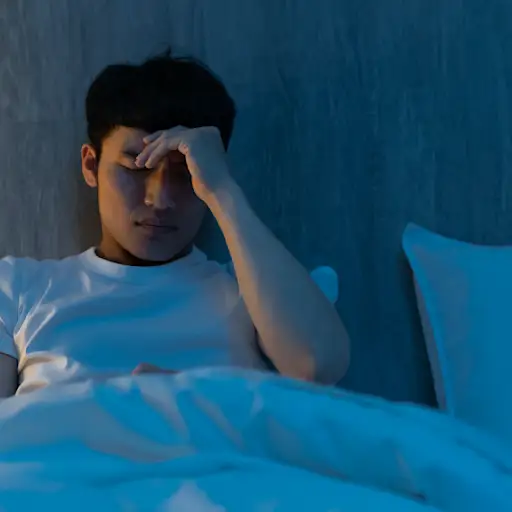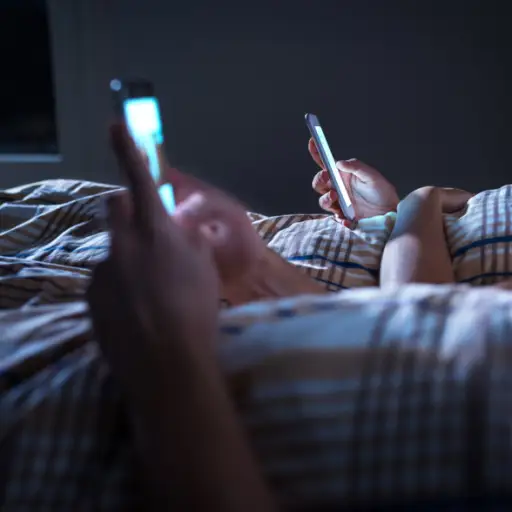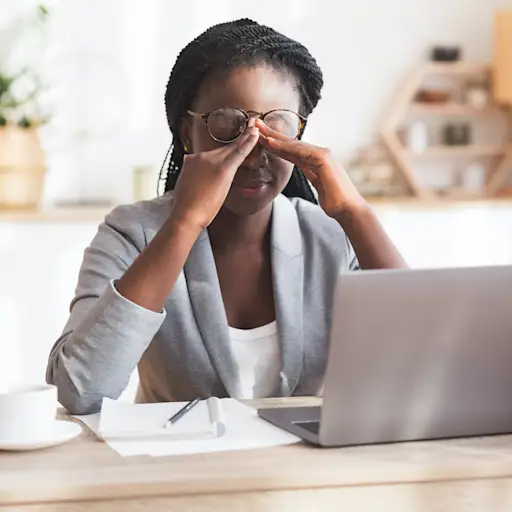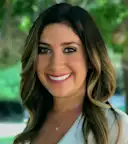What’s Normal, What’s Not With Sleep
If you findyourself tossing and turning at night, you might have spent some time wondering if you have a sleep disorder. If you Google it, though, you realize pretty quickly: Sleep disorders are impossible to self-diagnose. Some symptoms you may think are a sign aren’t—and, conversely, you may be ignoring some signs that could tip you off. In fact, some sleep disorders present signs that are only observable when you’re actually asleep. Confused? That’s why we’ve pulled together this list of scenarios and symptoms to help you see where you fall on the spectrum of “don’t worry about it” vs. “book an appointment for a sleep study today.”
What “Normal” Sleep Looks Like
First, let’s start by establishing a baseline of what a solid night’s sleep should look like. “Normal, quality sleep should be where you fall asleep easily, do not wake up during the night, do not wake up too early, and feel refreshed when you wake up,” says Lauri Leadley, CCSH, a certified clinical sleep educator and owner and president of the Valley Sleep Center in Phoenix, AZ. “Quality of sleep changes as we age, but regularly having difficulty with any of the above factors is not normal for a healthy person at any age.”
Does Snoring Signal a Sleep Disorder?
If you’ve ever been told to quit sawing logs at 2 a.m., this one’s for you. “Snoring is one of the most frequent symptoms of obstructive sleep apnea (OSA),” says Carleara Weiss, Ph.D, a behavioral sleep medicine scientist in Buffalo, NY, who serves as a sleep science advisor for sports supplement company Beam. “However not everyone who snores has OSA. The best way to detect the difference is with a clinical assessment with a sleep doctor.”

When Difficulty Falling Asleep Is Serious
While having trouble falling asleep is a characteristic of insomnia, that may not always be the case. “The diagnosis involves, among other things, examining the frequency of this and other symptoms,” says Weiss. “For example, have you struggled to fall asleep at least three times a week over the past month?” Your sleep doctor will consider other factors, she says, such as anxiety created by life events such as job transition and loss of a loved one that may also lead to difficulty falling asleep.

Is It Just a Bad Night’s Sleep?
A night or two of tossing and turning or racing thoughts may have you wondering if you have a sleep disorder, but don’t jump to conclusions. “To determine whether your issues are derived from a disorder or simply poor sleep, you must look at the outside influences,” explains Leadley. “Did you have too much coffee? Were you drinking? Are you spending too much time on your phone? After eliminating these potential reasons, look at the rate of occurrence. A disorder will be continuous, so look at how often this is happening to you.” If you can’t correlate the sleeplessness to a lifestyle choice and it happens regularly, consult a sleep doctor.

What to Know About Excessive Daytime Sleepiness
Yawning all day and feeling like you desperately need a nap by early afternoon? Yes, it could just be a sign you’re working too hard and are due for a nice, long vacation. On the other hand, “this symptom can be a manifestation of sleep disorders, including, but not limited to, insomnia and OSA,” says Dr. Weiss. Because people may experience excessive daytime sleepiness during some life transitions, such as becoming a parent or a caregiver, she says, it’s always good to run through possible causes with your doc.

When Nighttime Waking Spells Trouble
Hate to be the bearer of bad news, but waking up throughout the night is a classic symptom of untreated sleep apnea. On the other hand, there are more casual explanations for it as well: Before leaping into the next sleep study, Leadley suggests ruling out environmental factors—such as loud traffic outside your window, drinking too much water close to bedtime, or the temperature being too hot in your room—before assuming it could be a larger problem. If the cause isn’t external, then it may be internal; book an appointment with a sleep doctor.
口臭(没错,是真的)可能意味着睡眠说order
While you may be blissfully unaware of your own halitosis, if a loved one mentions it, don’t ignore them. “This may be surprising, but people with OSA often experience bad breath if they are mouth breathers,” says Dr. Weiss, who adds that not everyone with bad breath has OSA. The connection? People with sleep apnea gasp for air during the night, leaving their mouth dry. Because saliva helps cleanse bacteria out of your mouth, a dry mouth can cause a buildup of bacteria—and unpleasant smell.

Are “Short Sleepers” at Greater Risk?
八个小时的睡眠不是one-size-fits-all phenomenon—every individual’s needs are different. “Generally though, adults need seven to nine hours of sleep per night to optimize daytime function,” says ,” says Lulu Guo, M.D., who is certified by the American Board of Sleep Medicine and serves as a sleep consultant for Valley Sleep Center. Then again, Dr. Guo says, there are people who have shorter or longer sleep duration needs. If you get less than seven hours but feel fine during the day, there’s no need to do anything except enjoy your superpower.
Are You Falling Asleep During the Day?
Though a relatively rare sleeping disorder, narcolepsy is a chronic neurological disorder that affects the brain’s ability to control sleep-wake cycles. “It is important to note that not everyone with this symptom has a sleep disorder,” says Dr. Weiss. Besides excessive daytime sleepiness, other signs of narcolepsy include sudden loss of muscle tone (cataplexy), hallucinations, or sleep paralysis. Only clinical evaluation can determine if you have narcolepsy, so check in with a sleep doctor if you find yourself dozing off at dangerous times.
Dry Mouth:Mayo Clinic. (2020.) “Bad Breath: Symptoms and Causes.”https://www.mayoclinic.org/diseases-conditions/bad-breath/symptoms-causes/syc-20350922
Sleep Disorder Overview:Sleep Foundation. (2020.) “Sleep Disorders.”https://www.sleepfoundation.org/sleep-disorders
Jill Schildhouse is an award-winning writer and editor who has spent the last 20+ years covering health and wellness for such brands and publications as Oxygen, Better Nutrition,Reader’s Digest, Bodybuilding.com, Greatist, The Vitamin Shoppe, Massage Envy, andVegetarian Times. Follow her on Instagram @The_GlobalGlutton.






